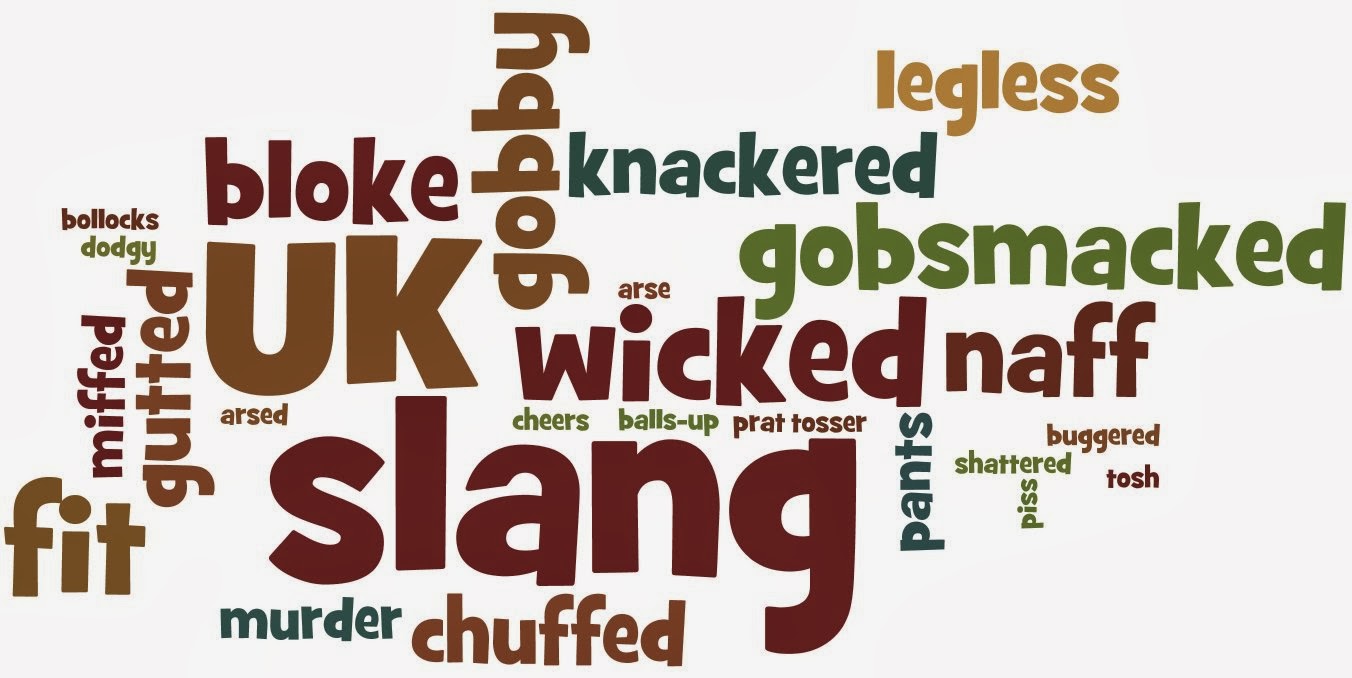UK slang can be difficult for international students to master. Even students who are from English-speaking countries can have trouble getting a grasp on the words and phrases that are exclusive to Britain. If you’re feeling lost, here are some common slang words and phrases that you may hear popping up in conversations.
Alright?
Almost every international student is confused by the British people’s repeated use of the phrase, ‘Alright?’ You’ll hear it everywhere you go—in class, at the store, with your friends. This is because ‘Alright?’ is a common greeting, similar to, ‘How are you?’ Before long, you’ll get used to the phrase and you may even start using it in your everyday life.
Gutted
Gutted is another word for devastated. Someone may say it if they failed a test, broke up with a significant other, or any other highly distressing event. For example, ‘I’m gutted that I didn’t get a higher mark on that chemistry exam.’
Knackered
You may hear this word a lot in your early classes, or the morning after a night out at the pub. This is because knackered is another word for exhausted or worn out.
Nice One
Another common phrase, ‘nice one’ can be used either sincerely or sarcastically. If used sarcastically, it means something similar to when someone says ‘good job’ to someone who has completely messed something up. When used sincerely, it’s usually a form of praise.
Cheeky
When someone’s being cheeky, it means they’re being impertinent. They may be talking back to a friend or a relative. Usually it’s used in a sentence, such as, ‘Oh, you’re being cheeky today, aren’t you?’
Taking the Piss
When someone’s ‘taking the piss’ out of something, they’re making fun of it, usually in a sarcastic way. You can take the piss out of pretty much anything—friends, bad TV programs, professors. Although with professors, you may want to do it out of their hearing range.
Skive Off
This is a way of saying you’re going to skip a day of work or classes. You may hear someone say something like, ‘I’m going to try to skive off work today and sleep instead.’
Cock Up
If you’ve cocked up, you’ve made a really big mess of something or made a big mistake. For example, ‘She cocked up her job interview when she mentioned that she made up most of her CV.’
Sod
‘Sod’ is a word that’s used in a lot in British phrases. You can say ‘sod off’ to someone as a way of telling them to get lost. You can say ‘sod it’ as a way to declare that you’re giving up on trying to do something that’s not working. Or, instead of ‘sod it,’ you could also say ‘sod all is working’ if nothing is going right. Sod’s versatility means that you may be hearing it a whole lot.
Knock Up
This phrase has different meanings throughout the world, but in Britain, ‘knock up’ just means to wake someone up. So if you hear a guy say, ‘I’m going to go knock up my girlfriend,’ all he’s doing is rousing her from sleep.
Gormless
Gormless is a word that’s new to most international students. It’s basically just a way to refer to someone who’s clueless. For example, ‘That guy in our literature tutorial is completely gormless.’ You can also shorten it to just ‘gorm.’
The Full Monty
This phrase became known worldwide when the movie The Full Monty came out, but even if the phrase itself is common, most people still don’t know what it means. If you’re going ‘the full Monty,’ you’re going to go all the way with something or finish the whole thing.
Lose the Plot
This is a way of saying someone is going crazy or has become mentally unstable. It can also be a way to say that someone is going senile. For example, ‘My grandfather is starting to lose the plot. He keeps calling me by my mum’s name.’
Can’t Be Arsed
If someone ‘can’t be arsed,’ they can’t get the motivation to do something. For example, ‘I can’t be arsed to go to that lecture today.’
Cheers
Most international students are aware of the word ‘cheers,’ but you may not realize how often it’s used in conversation in Britain. Instead of saying ‘thank you,’ people often say ‘cheers.’ It’s also common to clink glasses and say a quick ‘cheers’ before having a drink at the pub. Get ready to be cheering on everybody you meet when you’re living in the UK.

